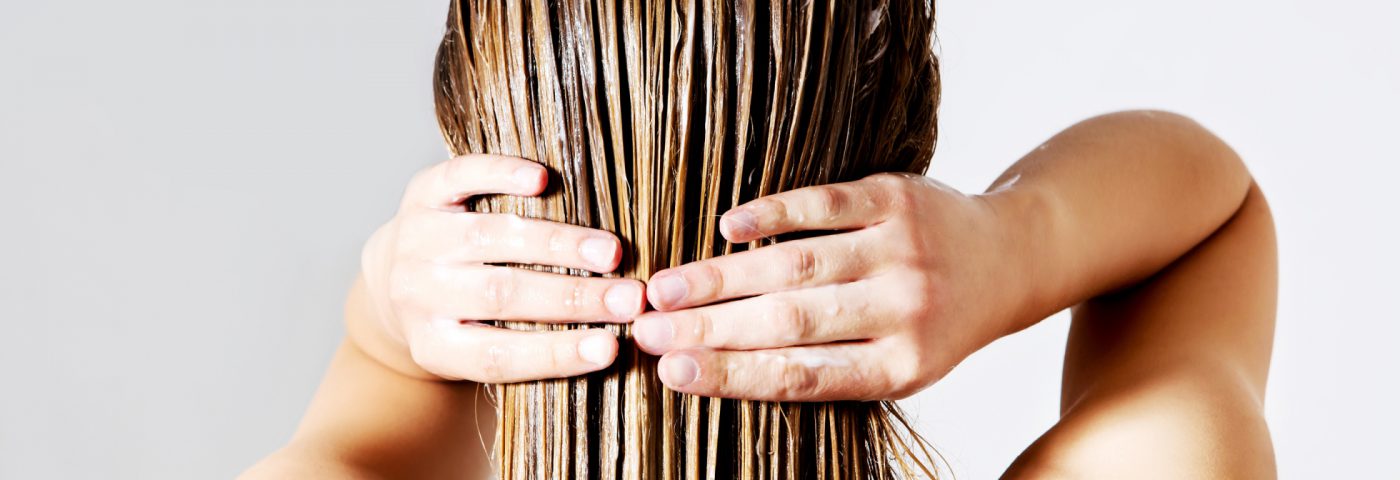Iliyana Mesheva – Associate Analyst, GlobalData
Today’s consumers are increasingly treating their hair more like their skin with scalp scrubs, serums, and masks becoming commonplace in today’s haircare regimes as they strive for healthier and, in turn, more beautiful hair. Consumers now perceive their hair to be an extension of their skin and seek to give it similar levels of attention and care.
Therefore, to respond to consumer demands for more sophisticated haircare products that go beyond the functional benefits of cleansing and hygiene, brands are recognising the potential of taking inspiration from advanced skincare innovations and transferring them to the haircare sector. This is in turn driving opportunities in haircare solutions that can enhance, improve and beautify the hair. For instance, micellar water cleansers, nutrient-packed masks, and DNA-based serums are some concepts that are making their way into the haircare industry.
This trend is being driven by heightened image-consciousness, as the importance of hair’s contribution to overall appearance becomes increasingly seen as equal to that of the skin. This, in turn, is driving concern over the health and presentation of hair. According to GlobalData’s 2017 primary consumer research, 45% of consumers globally say they are concerned about the volume and fineness of their hair and are either buying or would consider buying products to address this. Similarly, 44% or consumers globally share this sentiment with regards to dull hair.
In light of this, multi-step haircare regimes are an approach that is gaining traction. They take influence from South Korea’s K-beauty multi-step skincare movement, which is widely practiced in Asia. These more sophisticated multi-product and multi-application approaches to caring for hair can be perceived as enhancing the efficacy of haircare regimes and help better achieve appearance-related goals.
With 42% of consumers globally expressing a willingness to increase the number of products used in their beauty routine to improve their appearance, an important opportunity arises for brands. Brands can capitalise upon this growing trend, creating new and unique product applications.
By expanding on existing haircare steps, such as pre-shampooing treatments, and extending the care process by using completely new applications, such as masks and serums, the industry can help consumers achieve their optimal hair health.
Additionally, brands can benefit from the existing awareness by consumers to these treatments and their perceived efficacy in the skincare space to drive engagement within haircare applications. This can then be used to enhance overall beauty regimes, as well as refreshing and rejuvenating an often hygiene-focused space.
A unique example of a brand engaging with this trend, is DevaCurl Buildup Buster Micellar Water Cleansing Serum, which has taken inspiration from skincare by applying the same technology to remove hair contaminants as is used for the skin. Another example, is Pureology Pure Hydrate Superfood Hair Mask, which is enriched with coconut oil and nutrient-rich avocado oil to help nourish dry and damaged hair. Users simply need to apply the mask after shampooing and then rise it off.
Iliyana Mesheva is an associate analyst at GlobalData and will present on “Trends and opportunities across the global haircare landscape” at in-cosmetics Global on Tuesday 17 April from 12.15-13.00.

